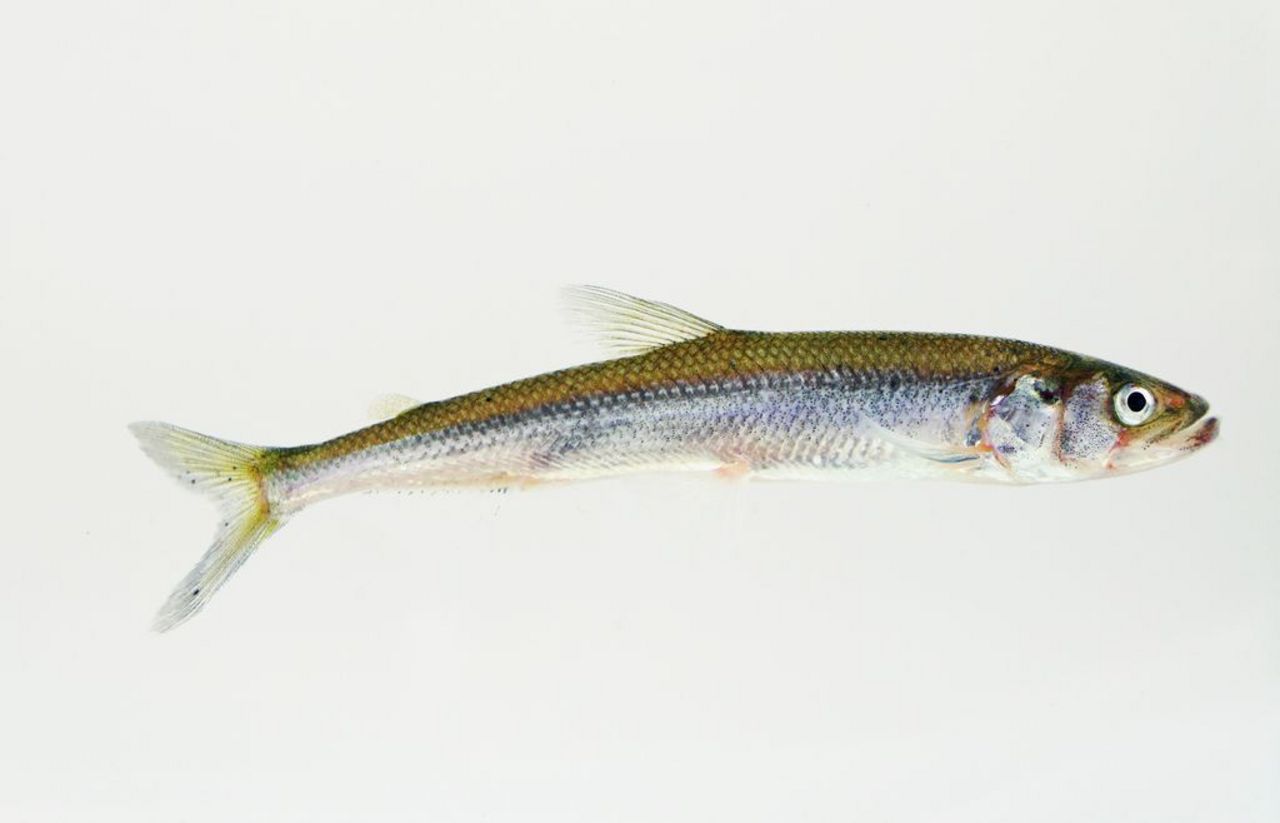Project
Artificial reproduction and rearing of the European smelt

Artificial reproduction and rearing of the European smelt
European smelt (Osmerus eperlanus) is a key species in the estuaries of the major German rivers and the shallow coastal areas of the North Sea. Currently, the population of the species has declined considerably. The reasons for this are not fully understood. With our experience in aquaculture, we want to artificially propagate European smelt and raise it under controlled conditions. This shall allow us to carry out ecophysiological studies on the early life stages in order to investigate the possible causes for its decline in the wild.
Background and Objective
Until the 1970s, European smelt was highly abundant in the large German rivers Elbe, Weser and Ems. After a decline in the 80s, which was mainly caused by poor water quality, the smelt made a comeback in the mid 90s. Currently, the population is declining strongly again. Possible reasons for this decline are the effects of climate change with its influences on the nursing grounds and food availability, but also consequences of hydraulic engineering such as deepening of fairways and increased suspended matter loads. The actual reasons for the current decline of smelt are unclear or it is unknown how the individual factors contribute to this decline.
Smelt has not been kept in aquaculture so far and there have been few attempts to breed and raise smelt in a controlled manner. Smelt is therefore not yet established as a model for ecophysiological studies. With our knowledge of the controlled reproduction and rearing of fish in aquaculture, we want to test how hatching and rearing of the European smelt can succeed under controlled conditions.
Approach
We obtain spawners from commercial fishermen and place the fish in separate temperature-constant rooms where the sexual products of the adult animals are obtained and the eggs artificially fertilized. Different egg incubation methods are tested for their suitability in repeated approaches. We test different strategies for feeding and rearing larvae for feasibility and success.
Involved Thünen-Partners
Duration
1.2020 - 12.2027
More Information
Project status:
ongoing

![[Translate to English:] [Translate to English:]](/media/_processed_/2/9/csm_Embryo-Exp_Gelege_9F_dpf5-200513111619_c8534a8199.jpg)
![[Translate to English:] [Translate to English:]](/media/_processed_/2/9/csm_Embryo-Exp_Gelege_9F_dpf5-200513111619_9027994d44.jpg)

![[Translate to English:] Logo des Bundesministerium für Ernährung und Landwirtschaft](/media/allgemein/logos/BMEL_Logo.svg)